This is a guest post by Dewang Gala and Vishal Pardeshi (Pigeon Innovative).
Unmanned Aerial Vehicles(UAV’s)/ Drones have been making a buzz all over the world. Drones in the past have been looked at as a threat in various countries. The public perception towards drones has been very different in the past and has been changing over the past few years when people have been able to see the real benefits that this technology can offer. However, there is a need for a regulatory body to avoid the misuse of drones.
India is one of the key markets where the future growth of drone technologies is likely to emerge. India’s drone market expected to grow $885.7 mn and drones market in the world will reach $16.1 billion by 2021. Thus this market will create lots of employment opportunities and help our nation’s economy grow. Just like how the Information technology sector flourished in India increasing its contribution to the Indian GDP from 1.2% in 1998 to 7.7% in 2017, the Indian drone industry shows a similar promise.
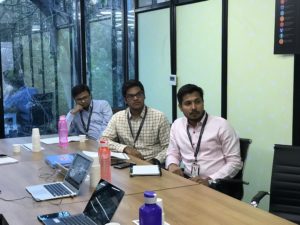
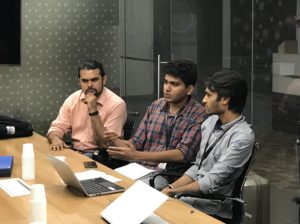
How can drones contribute to the public good in India?
Previously, drones were an area of interest for defense sector only, but in past decade drones have been able to come into the public and commercial space where they have been able to take high definition photos, map a large area in a short time, calculate crop health, spray pesticides, inspect man-made structure which would be difficult or unsafe while doing it traditionally, play a crucial role during natural calamities to save lives, deliver goods and medicines.
Countries like Rwanda have allowed a full network of drones in their airspace which has helped save lives with the delivery of medical supplies. The company operating there initially had a huge challenge to convince people that the drones were meant for good and the company did not have the intention to spy on them. Once the people of Rwanda saw that these drones could save lives, a whole network of drones emerged across the country. Imagine the impact it would create across different industries in India if we accept and embrace this technology and have regulations in place for its safe usage. The upsurge of new drone-based innovative companies is a positive sign of India heading towards becoming a global leader in this field.
India is a high potential market, still entrepreneurs and businessman in this sector experience oblivion. This is because a few years back drones were completely banned in India as a perceived threat and now steps have been taken in Drone regulation 1.0 to get the industry moving forward. Though there are many roadblocks for the regulations to be in full force as it tries to bring together multiple agencies, the good part of it is that government understands that they lack the necessary skills set to create regulation and is willing to take help from the existing players to contribute in making the regulation more robust and user friendly.
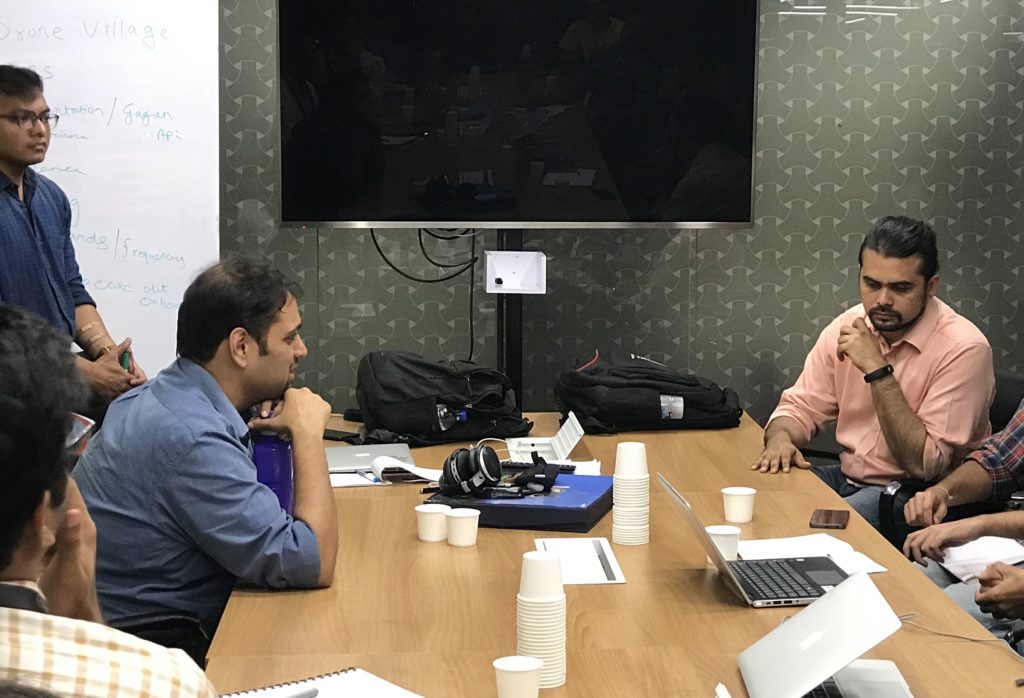
What can be the public goods in the drone industry and why do we need them?
Paul A Samuelson is usually credited as the first economist to develop the theory of public goods. But what exactly is public goods?
A good which is:
- Non-excludable – it is costly or impossible for one user to exclude others from using a good.
- Non-rivalrous – when one person uses a good, it does not prevent others from using it.
- Indivisible – one cannot divide public goods for personal use only.
Traffic lights, roads, street lights, etc. are examples of public goods. With the seamless possibilities that drones can offer, it makes sense to have public goods defined for this sector.
Imagine a future where airspace is accessible to everyone, where we have defined drone ports and air corridors which will allow smooth and safe operation of the drones. A lot of industries can benefit from it. Creating public goods will also allow more people to participate in the system thus increasing the size of the pie. If everybody in the system starts feeling comfortable with the operation of drones in the open skies then we could fundamentally transform the way we do things.
Who should be responsible for creating public goods?
Although classical economic theory suggests public goods will not be provided by a free market. But in a market like India, where the market is neither free nor regulatory, groups of individuals or organization can come together to voluntarily help government bodies to provide public goods in this market. For example, DigitalSky platform is a software initiative developed by the joint effort of iSPIRT and the government, working towards creating an online platform for registration of drones and obtaining permission for its operation, with a vision of making it paperless and presence-less.
There is tremendous scope for innovation and improvement in this sector. In the case of public goods, no firms will find it profitable to produce these goods because they can be enjoyed for free once they are provided and they cannot prevent this from happening. To provide these goods then, we either rely on governments or private organizations which volunteer to work on these issues.
The growth in India’s drone market would be primarily driven by the proactive initiative of existing players who will lay the foundation of this market in India. Thus DICE and iSPIRT have taken an initiative and are spreading awareness through round table sessions.
Round table sessions organized by DICE and iSPIRT serve as a platform where drone based entrepreneurs come together and think towards growing this industry by creating a model that benefits everyone in the system. The aim is to create a win-win situation in B2B and B2G.
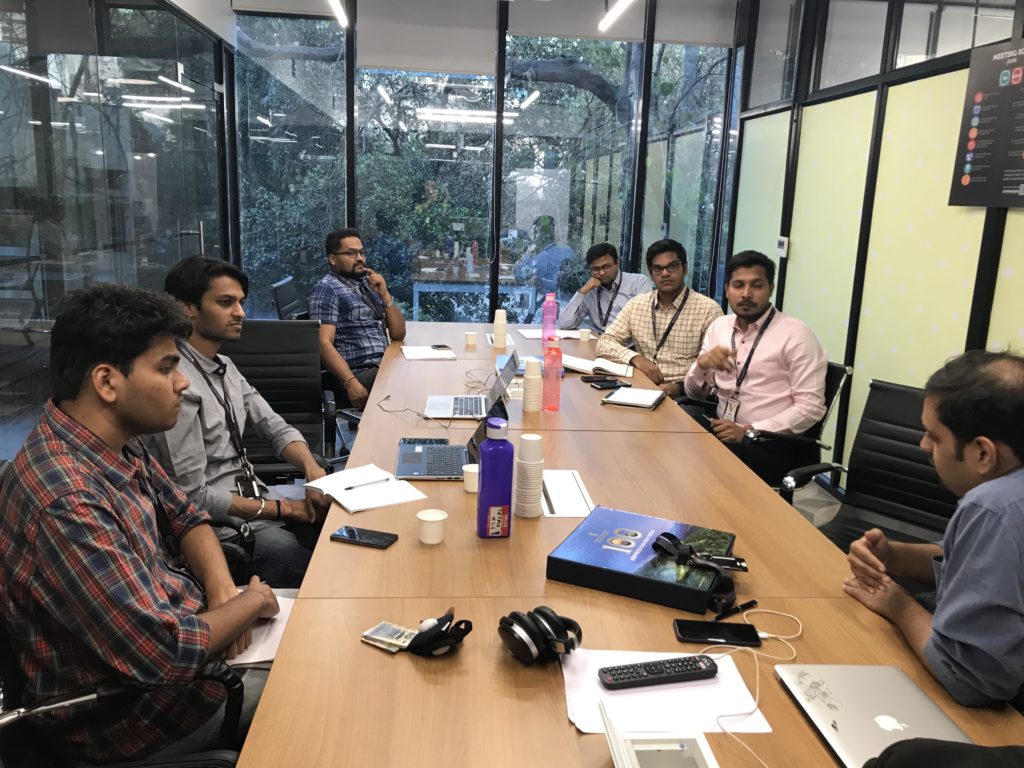
The round table primarily serves two purposes:
- To enable strategic partnerships between companies and encouraging companies to contribute to public goods.
- Bridging the gap between the companies and the government.
Behavioral economics suggests that individuals can have motivations other than just money.
For example, People may volunteer to contribute to local flood defenses out of a sense of civic pride, peer pressure or genuine altruism.
Even if we have a narrow self-interest point of view we have to understand that voluntarily helping government bodies in tackling and solving the issues in drone rules and regulation will in turn help this market to flourish. And companies or individual contributors will have an underlying first mover advantage. So it’s important to act proactively to help the government to create regulation on your futuristic business model. It’s our job to demonstrate government that business can be done safely with a minimum amount of agreeable risk. Working together will not only accelerate the pace at which the regulations are implemented but also ensure that India takes away a big slice of the $100bn drone market. [5]
How does the future look like?
If you have ever seen the cartoon “The Jetsons” from the 1990’s you can already imagine what the future could look like. We are in an era where we can clearly automation and AI takes over mundane and laborious tasks at an exponential rate. The computers around us today are becoming powerful with each day. It can be witnessed that today it has become much easier to survive and it isn’t hard to survive as it used to be back in the days. We are not too far from the singularity where machine intelligence surpasses human intelligence. Thus we should have an environment where we can ensure that the technology is exploratory and exploitation is avoided.
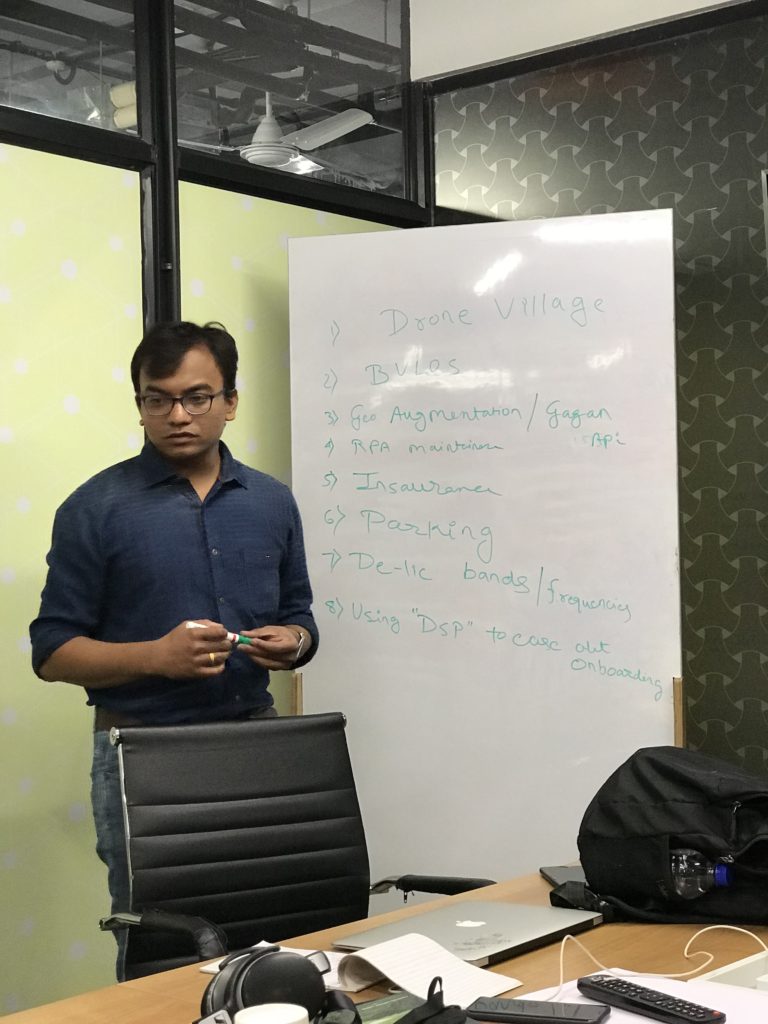
Technology doesn’t happen on its own, people work together to make those imaginations/dreams a reality. We can already see Proof of concept (POC) of drone deliveries, drone taxis, and other futuristic applications. Who knows what else could we have with us in the next decade. Imagine a future where you would own your own personalised autonomous flying vehicle which takes you to your desired place with just the press of a button. You would have mid-air fueling stations which would enable you to drive without having ever to touch the land. Millions of smaller sized drones would be able to deliver products within minutes just like the internet today delivers information. Drones would become smaller and smaller and nanotechnology will enable us to overcome the limitations we see in drones today. Many other applications will rise up as we start working towards.
If you have any suggestions/solutions/ideas on how the system can be made better you can definitely become a part of iSPIRT / DICE India and write to us on info@diceindia.org.in or playbooks@ispirt.in and also become a part of the round table.


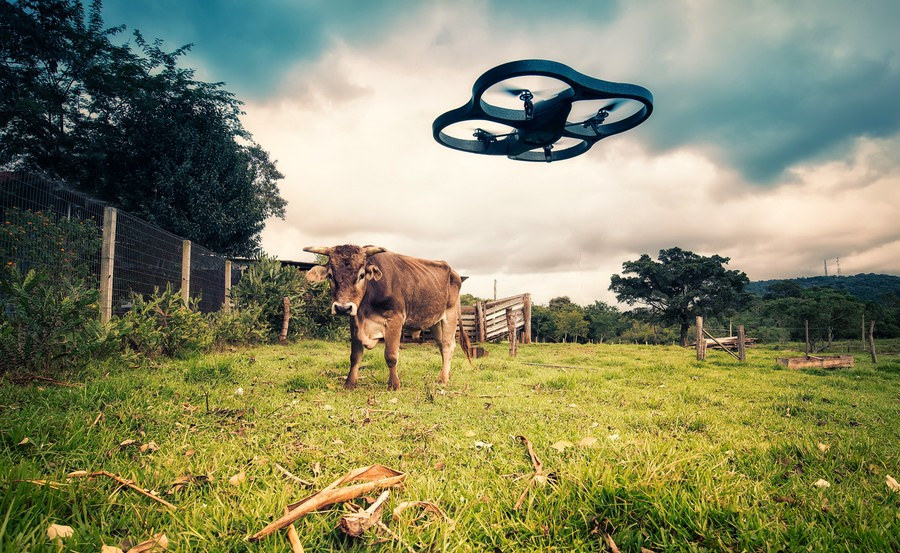

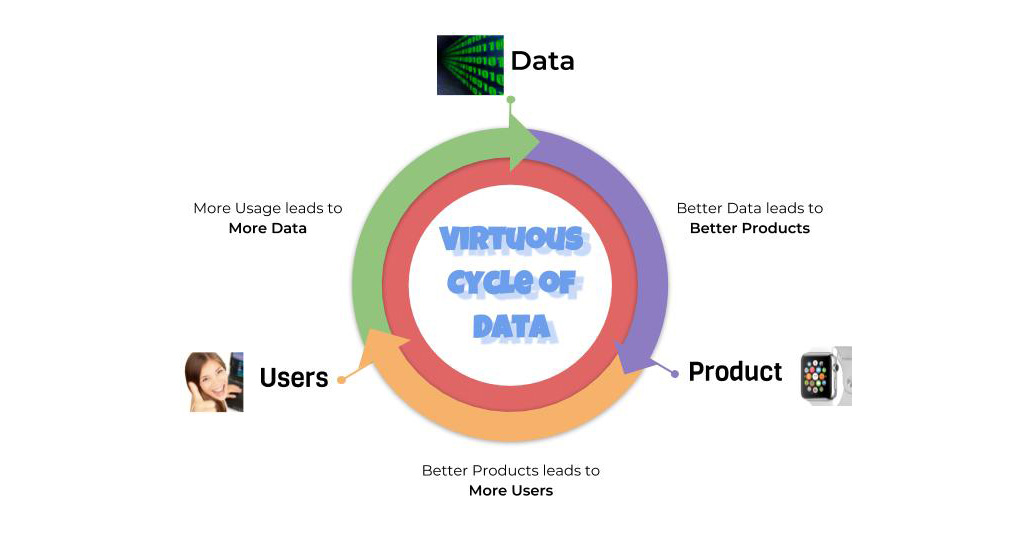





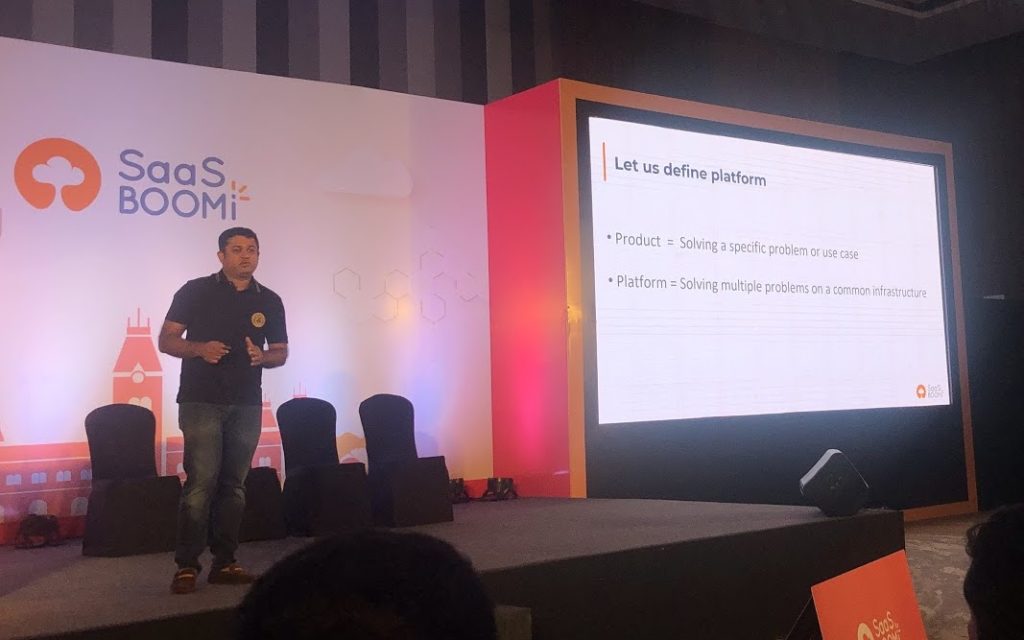
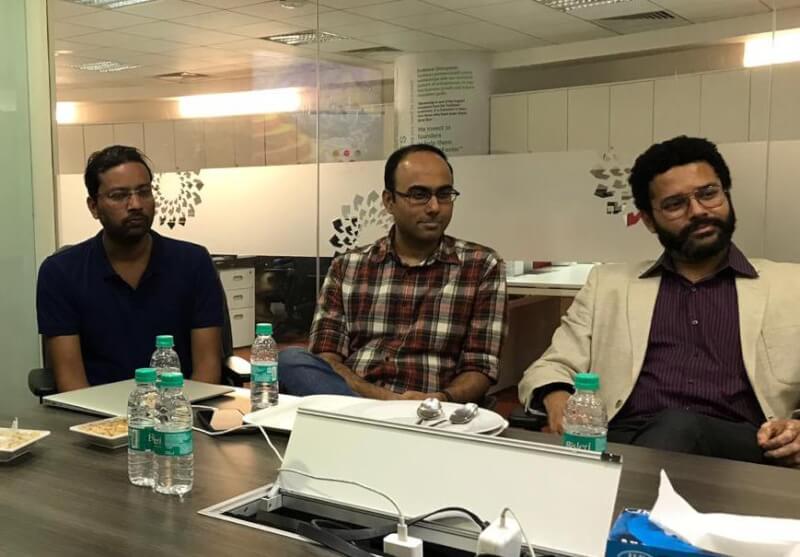
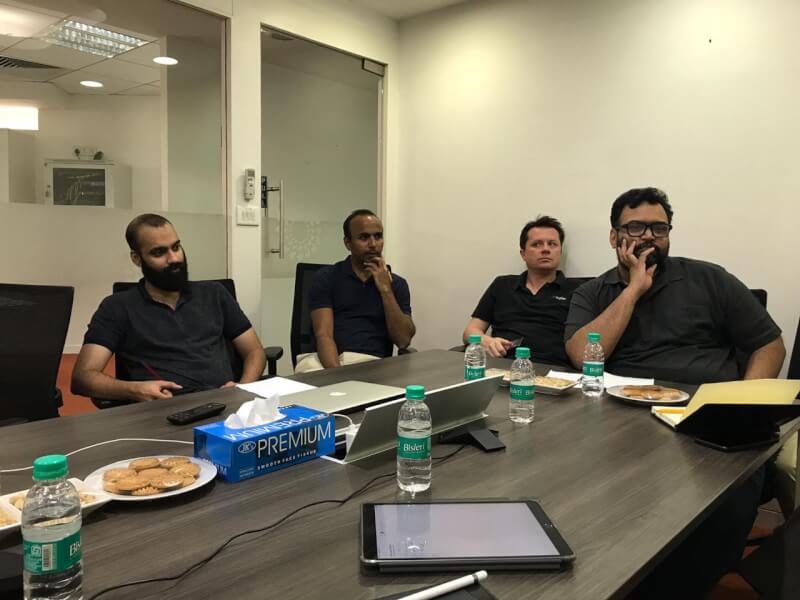
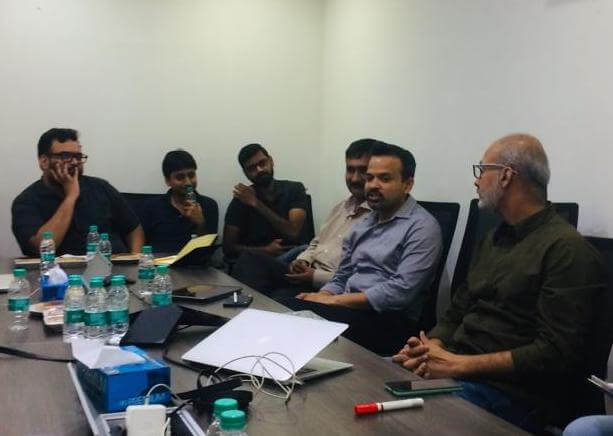
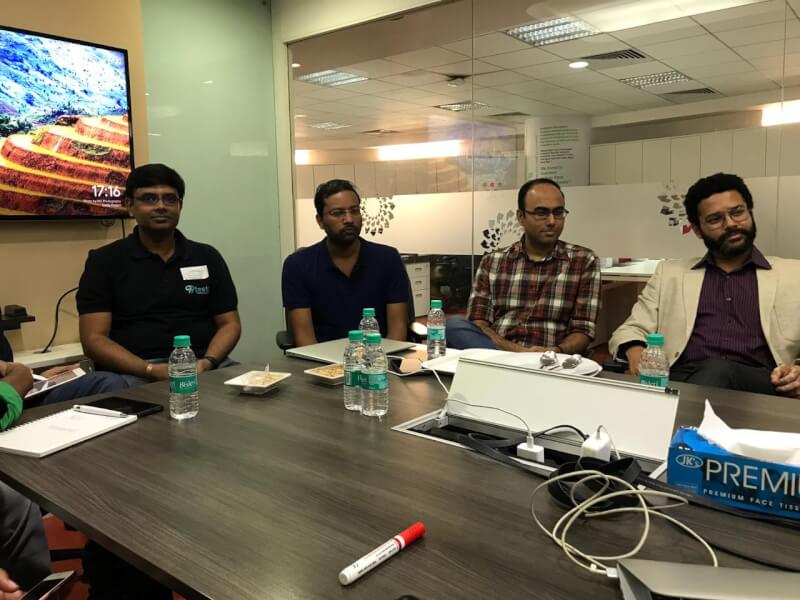
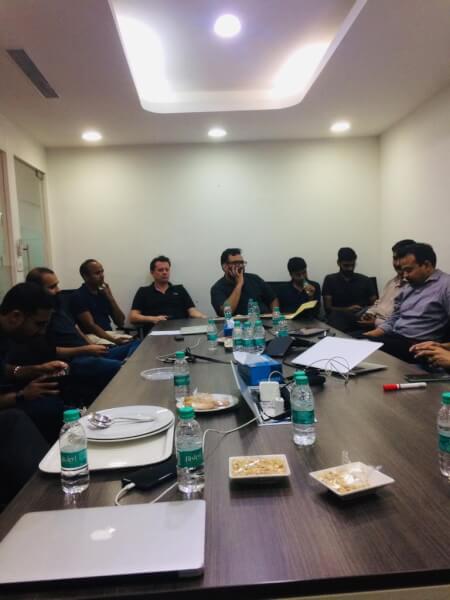
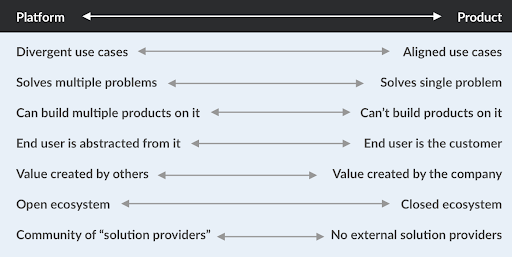






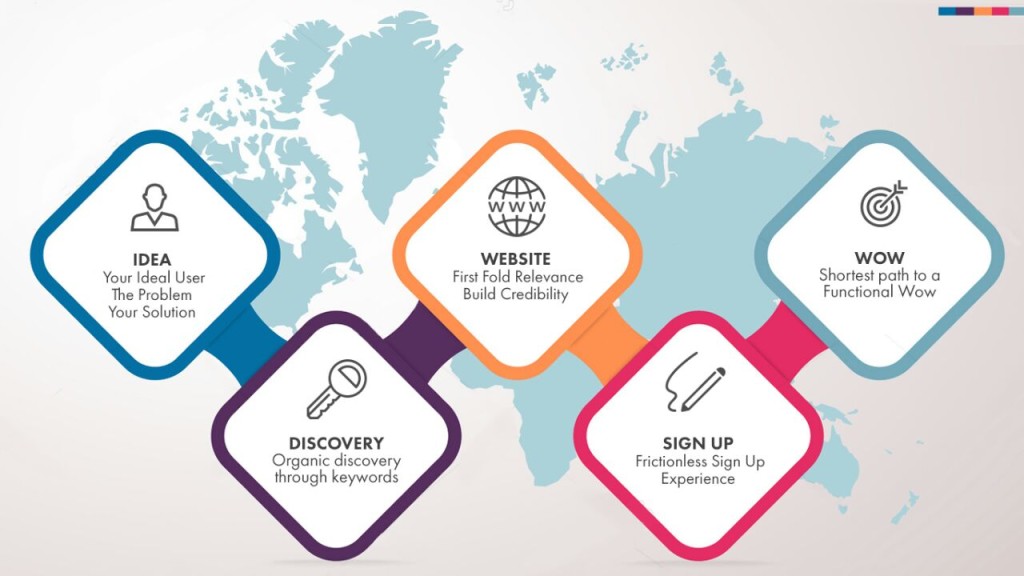

 Our Maven:
Our Maven: